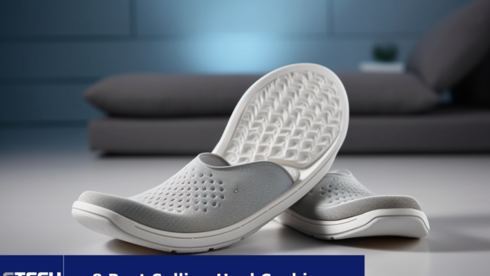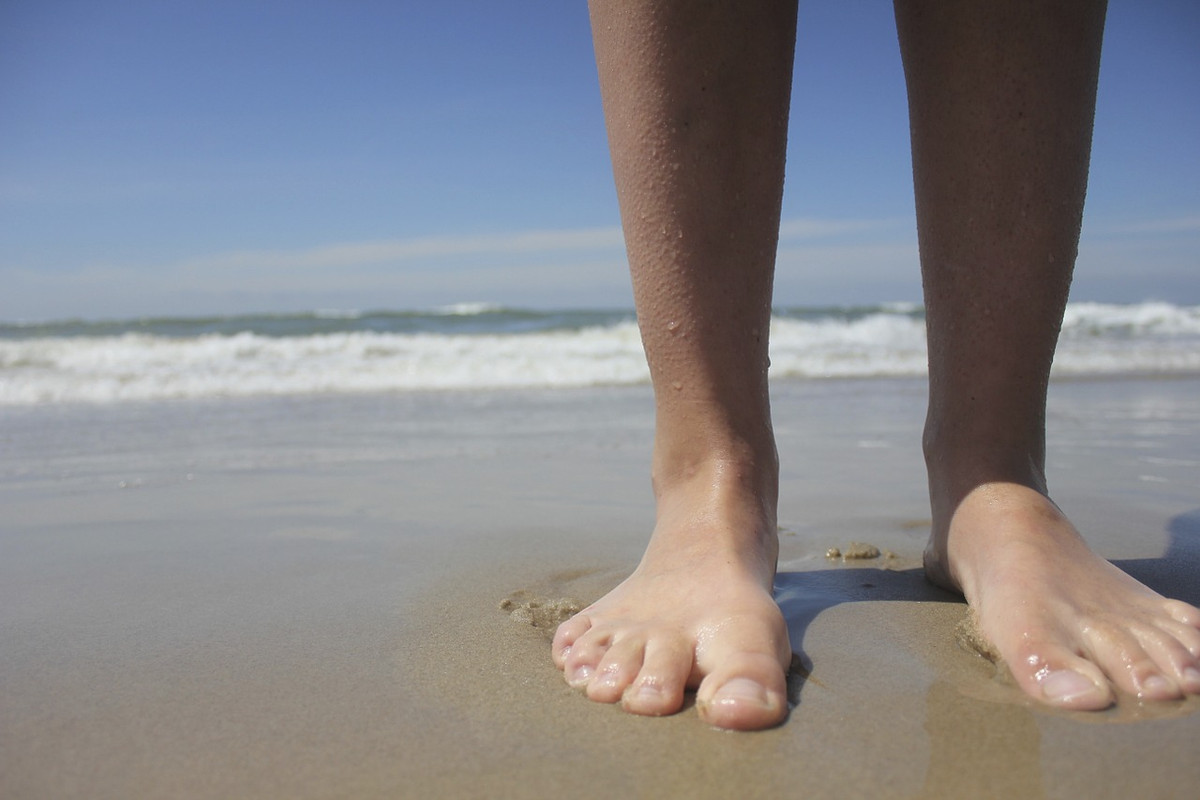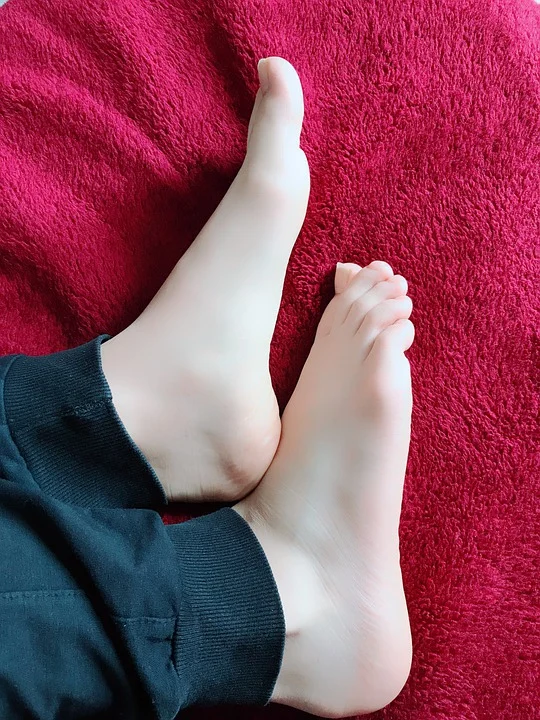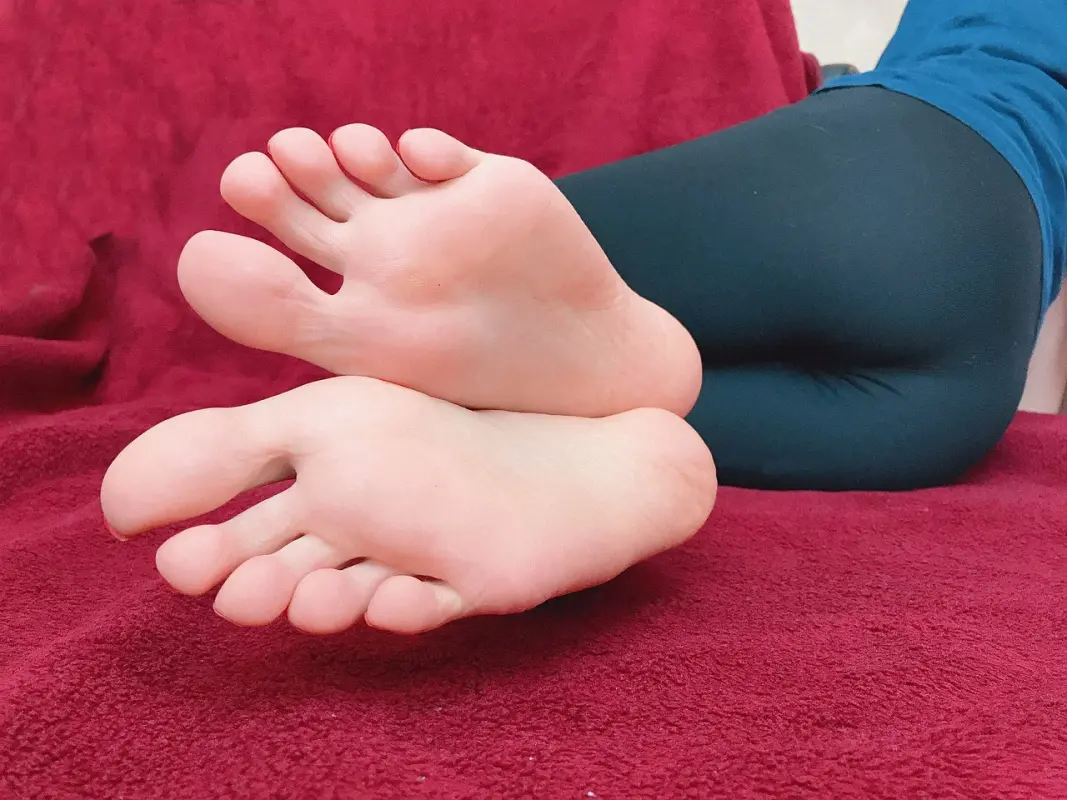The natural cures for heel pain include cold therapy and stretching exercises
There are natural ways to treat heel pain. Cold therapy and stretching exercises may be an option. These remedies, along with rest, can reduce inflammation and promote healing. Regularly stretch your calf muscles and roll your feet over a frozen water bottle. Or, if you prefer to use an ice pack wrapped in cloth, icing your feet with an ice pack. To prevent further damage, it's important to wear appropriate footwear and consider using orthotics or heel cups if recommended by your doctor. For severe cases, steroid injections or surgery may be required. However, mild to moderate heel pain can often be relieved by natural remedies. For future heel pain avoidance, remember that prevention is the key.
It is important to wear proper footwear for anyone suffering from heel pain
Proper footwear is crucial for anyone suffering from heel pain. Wearing inappropriate shoes is a common cause of heel pain. Choosing the right shoes will prevent most podiatric problems and long-term damage. Shoes that are best for heel pain should have the following features: They can relieve pressure and pain in the feet. To improve alignment and arch support, the shoes must have sufficient cushioning for shock absorption and heel support. Vionic shoes as well orthotic shoe and insoles from Orthotic Shoes have been shown by many to reduce heel pain, support natural alignment, and even help with some cases of diabetes. You can get long-lasting benefits for your feet, decrease your discomfort, and accelerate your healing process by investing in the right shoes. Wearing the right shoes to support and ease heel pain can be a contributing factor.








